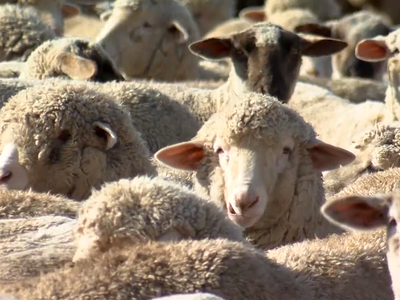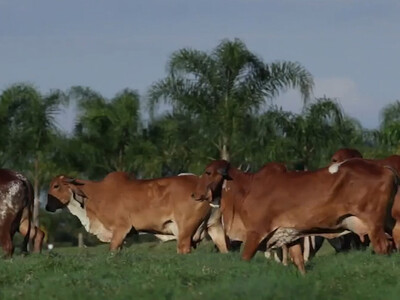WTO Dispute Panel Confirms China's Domestic Agricultural Support Exceeds Limits, Distorts Trade
U.S. Wheat Associates (USW) welcomes the ruling today by a World Trade Organization (WTO) dispute panel that Chinese government payments to farmers for wheat exceed China's aggregate measure of support (AMS) commitments and significantly distort global wheat trade. The panel was formed after the U.S. Trade Representative (USTR) challenged China's domestic agricultural support programs for wheat, corn and rice through the WTO dispute settlement process in September 2016."We are very pleased that the Trump Administration has continued to support this dispute and a second case that challenges China's administration of the 9.6 million metric ton (MMT) tariff rate quota (TRQ) on imported wheat that its government agreed to when it joined the WTO," said USW President Vince Peterson. "U.S. farmers have been hurt by China's overproduction and protectionist measures for too long and it's past time for China to start living up to its commitments."
According to a 2016 Iowa State University study sponsored by USW, China's domestic market support price for wheat at the time of almost $10 per bushel cost U.S. wheat farmers between $650 and $700 million annually in lost income by preventing export opportunities and suppressing global prices. As a result, the Chinese government has purchased and stored enormous stocks of domestic wheat. USDA now estimates that by June 2019, China will hold 140 million metric tons of wheat, accounting for 52 percent of global ending stocks. Not coincidentally, this hugely disproportionate stock holding is almost the same as the cumulative 130 MMT of wheat that China has not purchased under its WTO TRQ since 2001. This is a fundamental supply factor that continues to depress market prices. It also hurts Chinese flour millers who are forced to purchase over-priced, low-quality domestic wheat from these stocks, as well as their customers who pay more for the flour.
"The past two decades have been a lost opportunity for the WTO negotiating function as major countries like China have refused to take on new responsibilities," Peterson said. "Perhaps this unfortunate situation will be the wake-up call countries need to realize that restricting trade and unfairly advantaging domestic industries in global markets winds up hurting everyone. Meanwhile, we applaud the use of the WTO dispute settlement and counter notification processes to push back when countries violate rules on agricultural support."
USW's mission is to "develop, maintain, and expand international markets to enhance the profitability of wheat for U.S. producers and its value for their customers." USW activities in more than 100 countries are made possible through producer checkoff dollars managed by 17 state wheat commissions and cost-share funding provided by USDA's Foreign Agricultural Service. For more information, visit our website at www.uswheat.org.

















